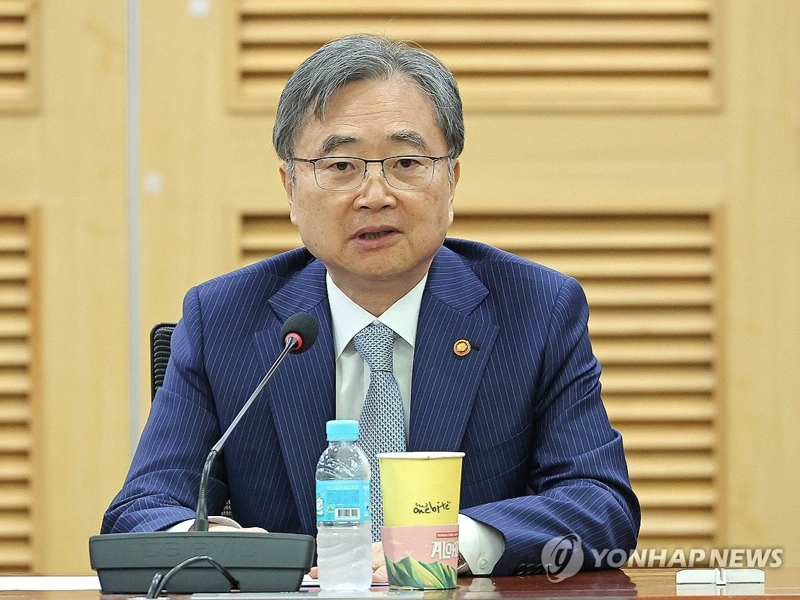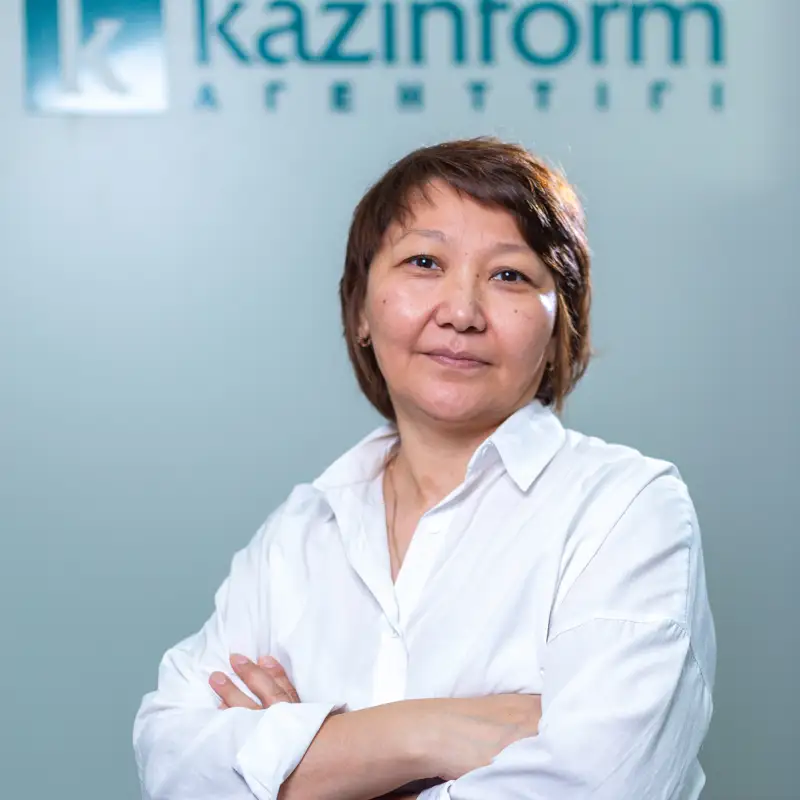S. Korea to soon begin talks with U.S. on revising nuclear energy pact: FM Cho
Foreign Minister Cho Hyun said Thursday that South Korea will soon begin talks with the United States on revising their bilateral nuclear energy pact to gain more flexibility in spent fuel reprocessing and uranium enrichment for civilian energy use, Yonhap reports.

Cho made the remarks in a radio interview, referring to the "123 Agreement," under which South Korea is allowed very limited spent fuel reprocessing and uranium enrichment below 20 percent, only with U.S. consent.
Seoul has been seeking to renegotiate the agreement with Washington to be permitted to reprocess spent nuclear fuel and enrich uranium so that it can produce its own nuclear fuel for civilian energy purposes.
"We operate 26 commercial nuclear reactors. There's no other country with this level of nuclear energy capacity that relies entirely on imported fuel," Cho said during the interview with MBC Radio.
Cho said Seoul has "strongly" called for the need to enrich uranium and reprocess spent nuclear fuel based on the industrial standpoint.
"That has been accepted, and we plan to begin negotiations soon," he said.
The U.S. has maintained a cautious stance on lifting restrictions in the pact due largely to nuclear proliferation concerns, as a reprocessing facility can be utilized to extract plutonium used to build nuclear weapons.
The last revision of the pact in 2015 opened the way for the allies to conduct joint research on the "pyroprocessing" technology for spent nuclear fuel recycling, considered to pose fewer proliferation risks, but questions have remained over its economic feasibility.
Asked about whether Seoul and Washington will announce their final agreement on the terms of South Korea's US$350 billion investment package at next week's Asia-Pacific Economic Cooperation summit in Korea, Cho said there is no fixed timeline for the talks to conclude.
"It's not that we should set a strict deadline for this," he said. "As President Lee Jae Myung has stated, our approach should prioritize the national interest and be based on commercial rationality."
"If those conditions are not fully met, we can take more time to continue the negotiations," Cho said.
South Korea has committed to making the investment in return for the U.S. lowering the reciprocal tariff on Korean products and sectoral duty on autos to 15 percent from 25 percent.
Kim Yong-beom, the presidential chief of staff for policy visiting Washington, said Wednesday (U.S. time) the two sides made "partial progress" in the negotiations on narrowing the gap over how to implement the investment package.
As reported earlier, U.S. President Donald Trump is anticipated to pay a visit to South Korea from October 29 to 30 to participate in high-level meetings on the margins of the Asia-Pacific Economic Cooperation (APEC) Summit.
